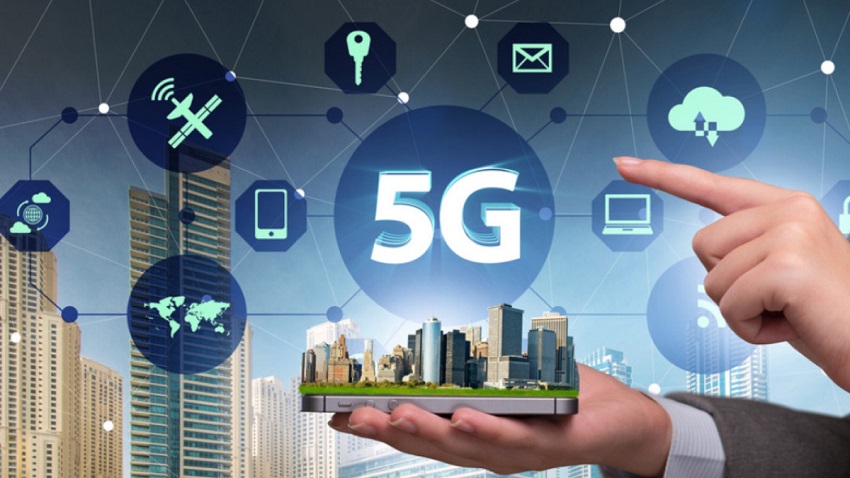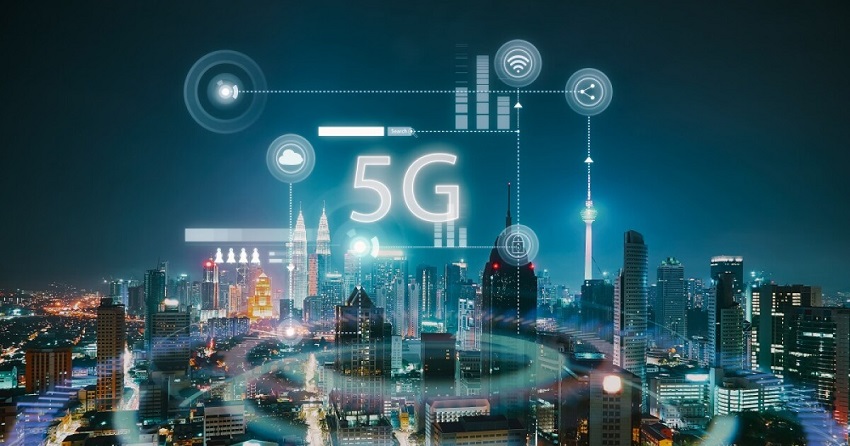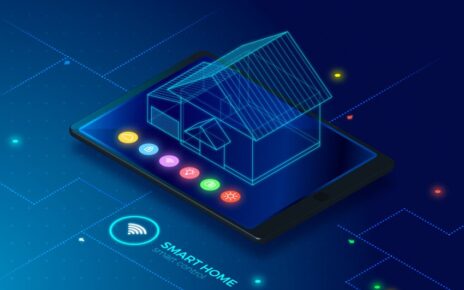In today’s technologically advanced world, 5G technology has emerged as a groundbreaking innovation that promises faster speeds, lower latency, and a plethora of new possibilities. This article aims to delve into the intricacies of 5G technology, explore its advances, and highlight the numerous benefits it offers to individuals, businesses, and society as a whole. This content is presented by https://www.arqweb.com/
Introduction to 5G Technology
5G, short for fifth-generation wireless technology, represents the latest and most advanced wireless communication standard. It succeeds 4G LTE and significantly enhances the capabilities of mobile networks. By utilizing higher frequency bands and advanced signal processing techniques, 5G technology allows for faster data transmission, improved network reliability, and lower latency compared to its predecessors. Find out how does 5g technology enhance the internet of things iot.
The Evolution of Mobile Networks
To understand the significance of 5G, it’s essential to trace the evolution of mobile networks. The first-generation (1G) networks provided basic analog voice calls, while the second-generation (2G) introduced digital voice calls and text messaging. With the advent of 3G, mobile networks became capable of handling data transfer, enabling internet access on mobile devices. Subsequently, 4G LTE further improved data speeds and enabled multimedia streaming, video calling, and mobile app usage.
Advances in 5G Technology
5G technology brings forth a host of advancements that revolutionize wireless communication. Let’s explore some key features and innovations associated with 5G:
Enhanced Data Transfer Speeds
One of the primary benefits of 5G is its remarkable increase in data transfer speeds. With theoretical download speeds reaching up to 10 gigabits per second (Gbps), 5G allows for instantaneous file downloads, seamless streaming of high-definition content, and rapid access to cloud-based applications.
Ultra-Low Latency
Latency refers to the time taken for data to travel between devices over a network. 5G technology significantly reduces latency, aiming for response times as low as one millisecond (ms). This near-instantaneous communication is critical for applications that demand real-time responsiveness, such as autonomous vehicles, remote surgeries, and virtual reality gaming.
Massive Device Connectivity
Another notable advancement in 5G is its ability to support a massive number of connected devices simultaneously. The technology employs advanced network management techniques to handle a dense network of Internet of Things (IoT) devices, enabling seamless communication between devices and facilitating the development of smart cities, smart homes, and industrial automation.
Network Slicing
Network slicing is a concept introduced by 5G technology that allows operators to divide a physical network into multiple virtual networks, each catering to specific requirements. This feature enables optimized network performance for different applications, ensuring that critical services receive the necessary resources while delivering personalized experiences to end-users.
Edge Computing
5G networks leverage edge computing to process data closer to the source, reducing latency and enhancing overall network performance. This distributed computing paradigm brings data processing capabilities closer to the end-user or the device itself, enabling faster response times and unlocking new possibilities in areas such as augmented reality (AR), virtual reality (VR), and autonomous systems.
Benefits of 5G Technology
The advancements offered by 5G technology translate into numerous benefits for various stakeholders. Let’s explore some key advantages:
Enhanced Mobile Experiences
With 5G, users can enjoy seamless and immersive mobile experiences like never before. From lightning-fast downloads to lag-free streaming, 5G technology transforms how we interact with mobile devices, making activities such as video conferencing, online gaming, and content consumption more enjoyable and convenient.
Empowering Industry 4.0
The deployment of 5G networks plays a pivotal role in the realization of Industry 4.0, the fourth industrial revolution. With its high data speeds, low latency, and massive device connectivity, 5G enables advanced automation, robotics, and machine-to-machine communication. This empowers industries with increased efficiency, improved productivity, and enhanced operational capabilities.
Healthcare and Telemedicine
The healthcare sector stands to benefit significantly from 5G technology. With its low latency and reliable connectivity, 5G enables remote patient monitoring, telemedicine services, and real-time collaboration among medical professionals. This facilitates timely diagnosis, improves patient care, and expands access to healthcare services, particularly in remote areas.
Autonomous Vehicles and Smart Transportation
The future of transportation relies heavily on 5G technology. The low latency and high reliability of 5G networks enable seamless communication between autonomous vehicles, traffic management systems, and infrastructure. This paves the way for safer roads, efficient traffic management, and enhanced transportation experiences.
Internet of Things (IoT) Revolution
The proliferation of IoT devices is set to accelerate with the advent of 5G technology. The ability of 5G networks to handle a massive number of connected devices opens up possibilities for smart homes, smart cities, and industrial IoT applications. From smart appliances to intelligent energy management systems, 5G facilitates the seamless integration of IoT devices into our daily lives.
Conclusion
5G technology represents a significant leap forward in wireless communication, offering unparalleled speed, ultra-low latency, and a wide range of applications. With its advances and benefits, 5G is poised to revolutionize various industries and empower individuals with enhanced mobile experiences. As we embrace the era of 5G, the possibilities for innovation and connectivity are endless.
FAQs (Frequently Asked Questions)
What does 5G stand for?
5G stands for fifth-generation wireless technology.
How fast is 5G compared to 4G?
5G offers significantly faster speeds compared to 4G, with theoretical download speeds reaching up to 10 Gbps.
Which industries can benefit from 5G?
Several industries can benefit from 5G, including healthcare, transportation, manufacturing, and entertainment.
Will 5G replace Wi-Fi?
5G is not intended to replace Wi-Fi but rather complement it. While 5G provides high-speed outdoor coverage, Wi-Fi remains essential for indoor connectivity.
When will 5G be widely available?
5G networks are being deployed globally, and their availability varies by region. However, widespread adoption is expected in the coming years.





